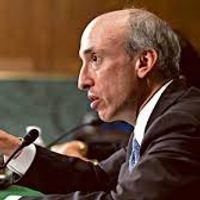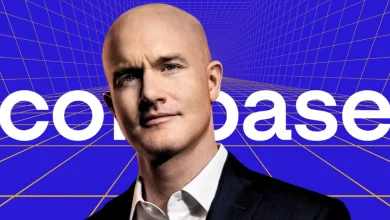
Bitcoin has now gone 137 days without reaching a new all-time high and this comes after the Bitcoin Nashville conference over the weekend, where former President Donald Trump delivered a speech.
According to analyst Jason Pizzino, this phase marks the peak of the cycle where everything appears to be going up, including Bitcoin, other cryptocurrencies, stock markets, and real estate. Historically, such peaks are followed by corrections, which could be more severe than expected given the shallow or quick corrections of the past 15 years.
He also discussed a signal from March 2024, where the S&P 500 showed three consecutive down days, indicating a potential top for Bitcoin. Since then, Bitcoin has been under its high for 137 days. We are currently in that period, with four months having passed a few weeks ago—about 120 days—and extending up to six months, which would take us to around September 11.
The analyst also noted Bitcoin’s price stability around $68,000-$69,000, with significant support levels identified. Ethereum (ETH) and Solana (SOL) are analyzed, with Solana showing strong performance against Bitcoin and potential for further gains.
Also Read: Ethereum Foundation Moves $9.16M in TKO Tokens to Bitcoin Suisse, Is Taiko the Next Big Thing?
Will Trump’s Pro-Crypto Stance Send Bitcoin To Moon?
In the recent Bitcoin Nashville conference, Trump urged people to hold onto Bitcoin, suggesting it could become a reserve currency. This announcement, while exciting, should be viewed in the context of historical market behavior, the analyst said.
Senator Cynthia Lummis also proposed that the US Treasury purchase $1 million worth of Bitcoin, though this idea, while intriguing, may be far-fetched given current circumstances. Trump’s comments at the conference reflect a significant shift in attitude towards Bitcoin, from skepticism to advocating its potential as a strategic reserve asset.
Trump’s plans, including firing SEC Chairman gary gensler


He brought to attention the 1930s U.S. ban on gold ownership and compared it to the current promotion of Bitcoin, suggesting that history might repeat itself with Bitcoin becoming heavily regulated or seized by the government in the future.









